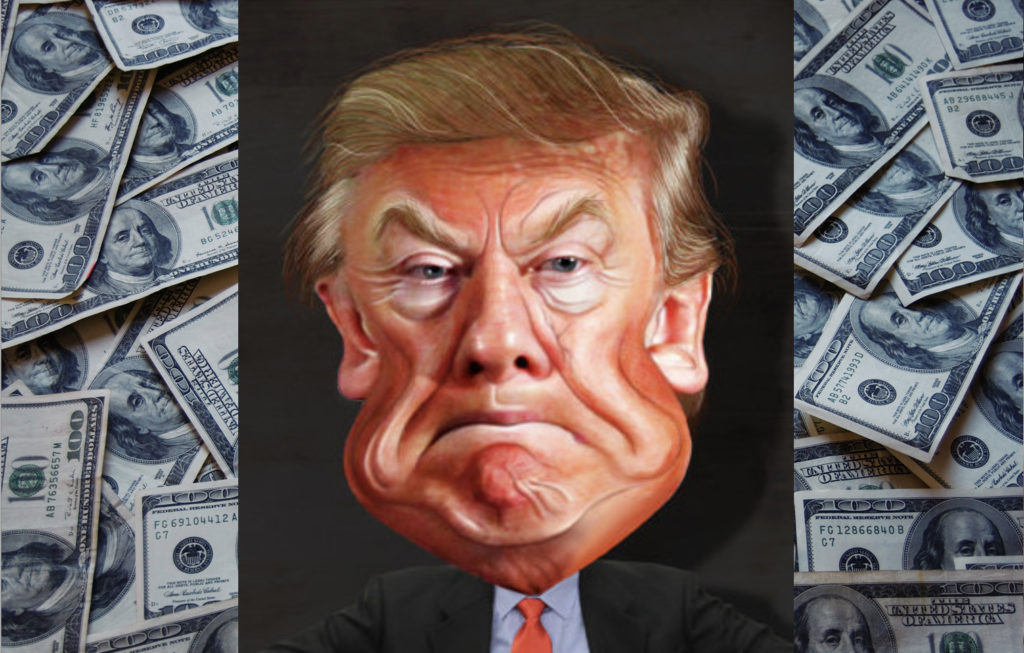Donald Trump’s trade war turns into even more of a disaster

Under Art. VI of the US Constitution, treaties have the force and effect of law. The USA is party to numerous treaties, including the General Agreement on Tariffs and Trade (“GATT”, since January 1, 1948) and the several international agreements (including the Uruguay Round Agreement – Agreement on Agriculture and the Agreement on Subsidies and Countervailing Measures) administered by the World Trade Organization (“WTO”, member since January 1, 1995). The purposes of these treaties are to promote free international trade and to avoid trade wars. However, back on March 2, 2018, in a typically baseless, strepitous blathering, Donald Trump tweeted, “trade wars are good, and easy to win.” With this profoundly ignorant ipse dixit certainty firmly in mind, Trump decided to impose new tariffs which invited retaliatory tariffs and launched a summer trade war that is devastating heartland agriculture.
Nations make various reports as part of their obligations under GATT and the WTO. On March 14, 2018, the US delegation to the WTO Committee on Subsidies and Countervailing Measures issued its Notification on Subsidies (G/SCM/N/315/USA) for fiscal years 2015 and 2016, which includes agricultural subsidies. The notification notes that farmers are protected under various income and marketing support programs under several laws including the Commodity Credit Corporation (CCC) Charter Act, the Agriculture Adjustment Act of 1938, as amended, the Agricultural Act of 1949, as amended, and the Agricultural Act of 2014 (P.L. 113-79) (2014 Farm Bill), enacted 7 February 2014.
The most expensive subsidy program is crop insurance, which cost FY 2015 – $6 billion and FY 2016 – $5.9 billion. On July 24, 2018, the misadministration announced a new $12 billion aid package for harmed farmers (which various Republican legislators described as “welfare” and “golden crutches”), or just slightly more than two fiscal years’ worth of crop insurance payouts in the first two months of Trump’s easily won trade war.
During the 8 years of 2 Obama administrations, the USA was the respondent in 39 complaints filed with the World Trade Organization (DS343 to DS515). In only eighteen months of the Trump misadministration, the USA has already been a respondent in 18 complaints (DS523 to DS556). Since Trump started his trade war, there have been 11 complaints filed against the US at the WTO by the European Union and eight individual countries over steel tariffs (8 complaints), washers and voltaic cells, and aquaculture. A “subsidy” is defined as “aid” or “assistance”. How many additional complaints should we expect over Trump’s new agricultural subsidies? – Bruce C. Cohen is the author of the Missouri Defendant’s Procedural Warfare Manual
Bruce C. Cohen is an attorney and the author of Missouri Defendant’s Procedural Warfare Manual. He also writes fiction as Charlie Kenmore and Ken Charles.
